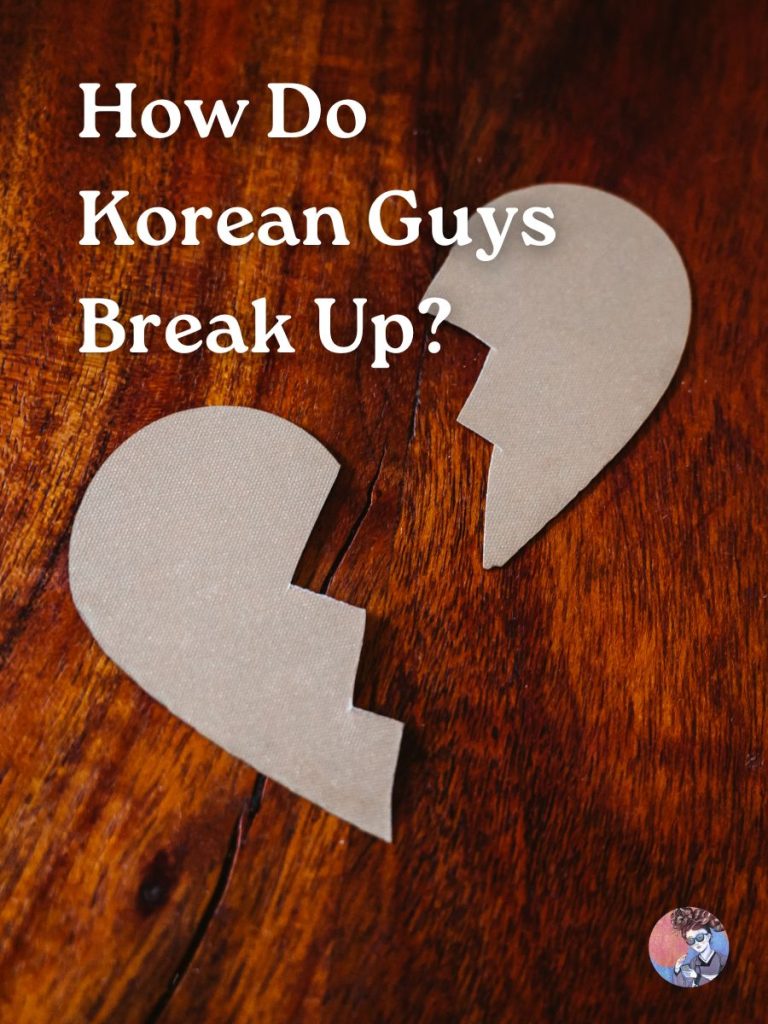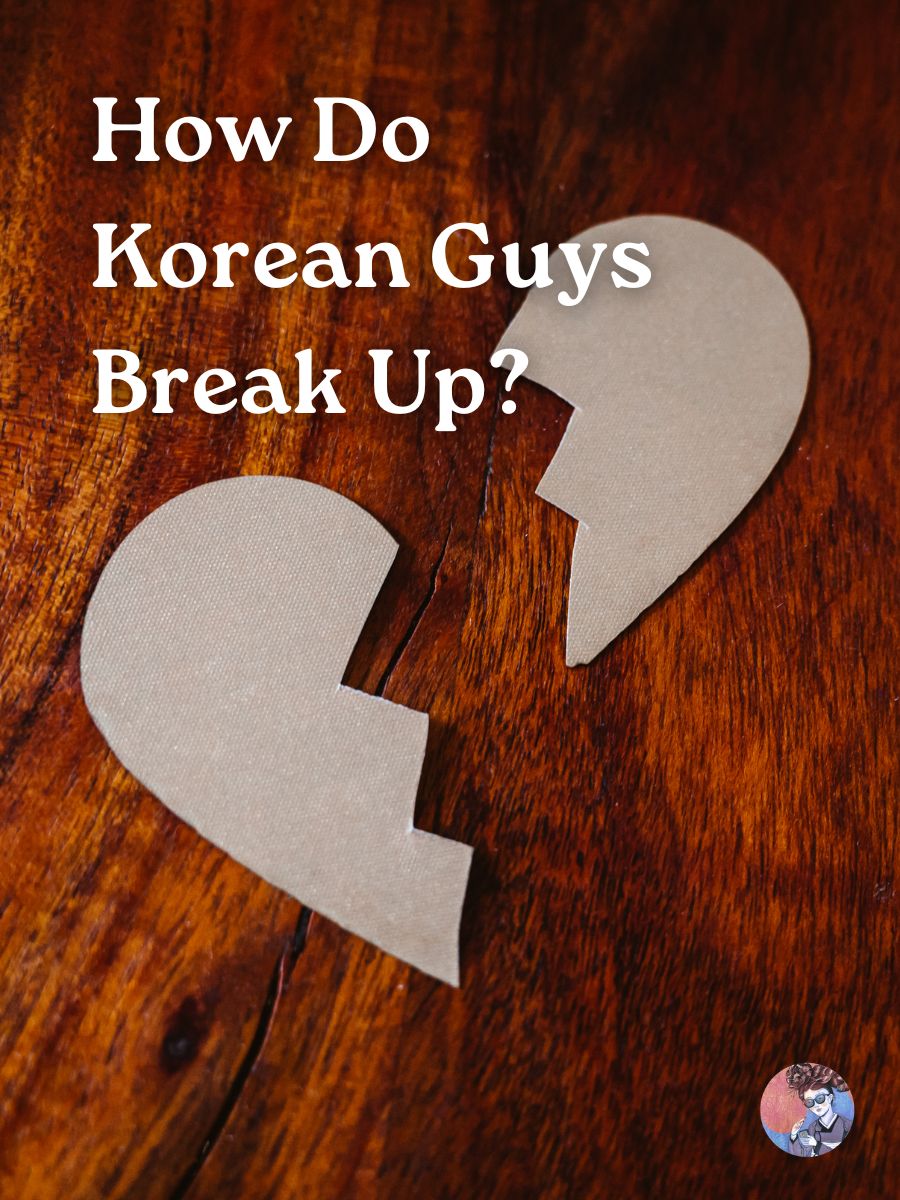
Breakups are tough in every culture.
Here’s how Korean guys end a relationship based on recent statistics.
Quick Summary
- About 74% of Korean men in their 20s and 30s break up in person by saying “heojija,” which means “Let’s break up” or “geuman mannaja,” meaning “Let’s stop seeing each other.”
- 40% of Korean men opt to break up through messaging on KakaoTalk.
- Breaking up over the phone is another common method, used by 34% of Korean men.
- About 12% of Korean men resort to ghosting, considered the worst way.
Breakups in Person
According to an article on Newsway, the majority of Korean men in their 20s and 30s, around 74%, break up in person.
By choosing to have a face-to-face conversation, Korean guys aim to provide closure, despite the emotional difficulty.
This method is the most respectful way to end a relationship, allowing both parties to express their feelings and achieve a sense of finality.
The common breakup phrases in Korean are “heojija,” which means “Let’s break up” or “geuman mannaja,” meaning “Let’s stop seeing each other.”
Digital Breakups Through Messenger
With the widespread use of messenger apps like KakaoTalk, 40% of Korean men opt to break up by messaging.
This method offers convenience and emotional distance, making it easier for people who find confrontation too much to handle.
Breaking up over a messenger app is increasingly common, especially for less serious relationships. But it’s still considered discourteous and unpleasant.
Breakups Over the Phone
Breaking up over the phone is another common method, used by 34% of Korean men.
This approach balances the directness of an in-person breakup and the convenience of digital communication.
It allows for immediate verbal exchange without the intensity of a face-to-face meeting.
Ghosting (Or Submerging Underwater as Koreans Say)
A smaller percentage of Korean men, about 12%, resort to ghosting. Ending the relationship by abruptly cutting off all communication.
It’s considered the worst way to break up in South Korea.
As anyone on the receiving end of this it knows, this often leaves the other person confused and hurt.
Monkey Branching (Hwanseung-ibyeol)
According to Urban Dictionary, monkey branching means “getting your next relationship set up before dumping your current S/O.”
In Korean, it’s called hwanseung ibyeol, which means “transit breakup” or “transfer breakup.”
As a person is transferring their romantic interest from their current partner to a new one, much like transferring from one train to another. It’s considered disrespectful.
Conclusion
Whether opting for the respectful in-person conversation or the convenient digital communication, the method often reflects personal comfort levels and the nature of the relationship.
Either way, make sure to break up safely.

